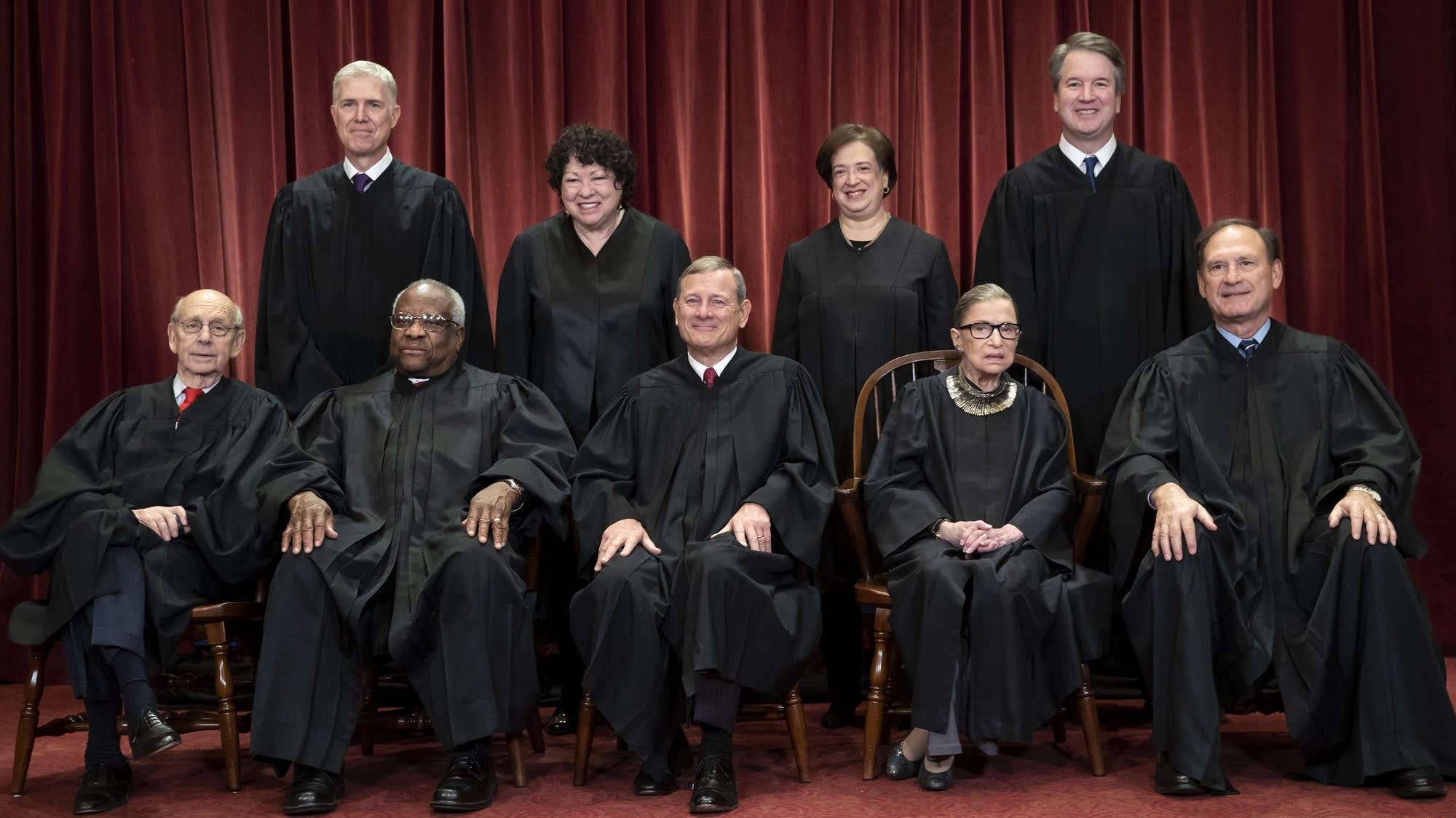
CBN – The United States Supreme Court denied the request from a California church to remove restrictions on large church gatherings during the pandemic.
In a 5-4 decision on Friday, the justices ruled in favor of California Gov. Gavin Newsom’s guidelines on in-person worship services, The Associated Press reports.
The case was brought about by South Bay United Pentecostal Church in Chula Vista, CA, who argues that these restrictions violate their religious freedom.
The guidelines state that places of worship must “limit attendance to 25% of building capacity or a maximum of 100 attendees, whichever is lower.”
To some, that limit is way too restrictive in a state that’s home to many mega-churches with congregations numbering in the thousands, even tens of thousands. And they say that it’s a limit only on religious gatherings.
Justice Brett Kavanaugh wrote that the limitation “discriminates against places of worship and in favor of comparable secular businesses. Such discrimination violates the First Amendment.”
“The church and its congregants simply want to be treated equally to comparable secular businesses. California already trusts its residents and any number of businesses to adhere to proper social distancing and hygiene practices,” Justice Kavanaugh added.
On Friday, May 22nd, President Trump declared houses of worship are “essential” and demanded governors let worshippers return to in-person services “right now,” as Trump put it.
He also stated, “The people are demanding to go to church and synagogue, go to their mosque. Millions of Americans embrace worship as an essential part of life.”
“This cap on church attendees that is not enforced against any other human activities or gatherings in San Diego or throughout California is odious and abhorrent, devoid of the slightest justification as applied only to religious practice,” said Tom Brejcha, chief counsel for the Thomas More Society and one of the church’s attorneys.
He added, “This bias against people of faith betrays the falsity of proclamations that ‘churches are now open,’ as government officials seem to deem religious congregants and their shepherds alone as unworthy of trust while opening up manufacturing and retail stores without any comparable caps on attendance. Intervention by the United States Supreme Court to weigh in on this critical matter is vitally needed, now more than ever, if the First Amendment retains any vitality.”
Chief Justice John Roberts wrote, “Although California’s guidelines place restrictions on places of worship, those restrictions appear consistent with the free exercise clause of the First Amendment.” He added that similar limitations apply to sports events, lectures, concerts, and movie theatres “where large groups of people gather in close proximity for extended periods of time.”
The Supreme Court noted in its order that the church could file “a new motion for appropriate relief if circumstances warrant.”





















